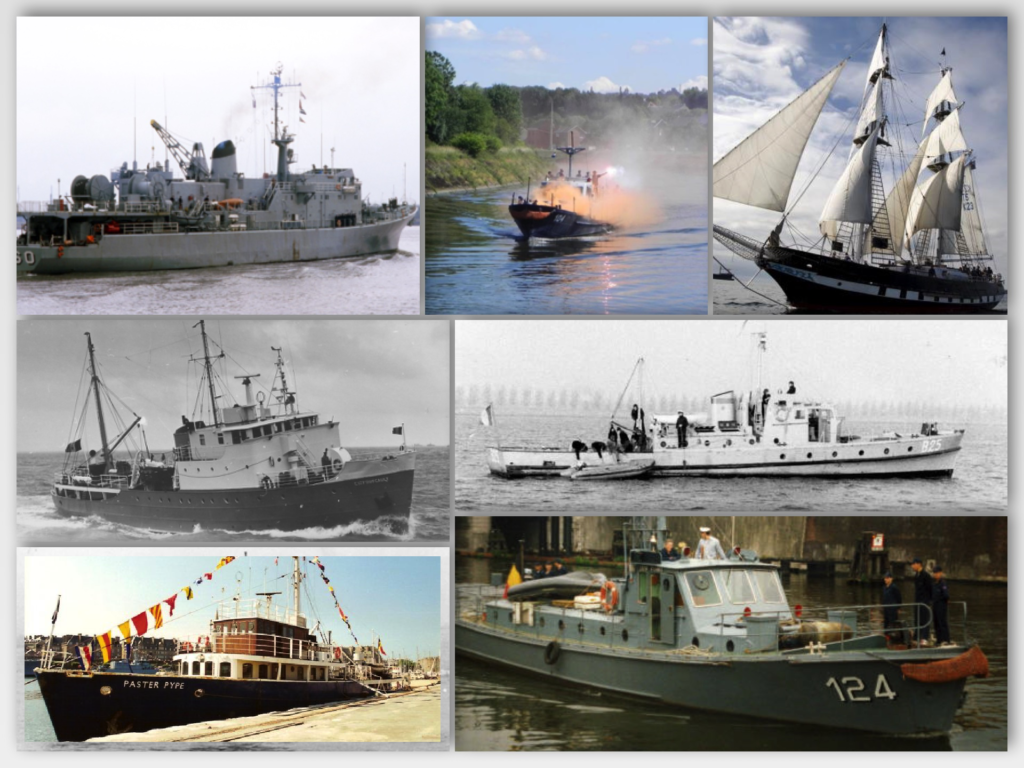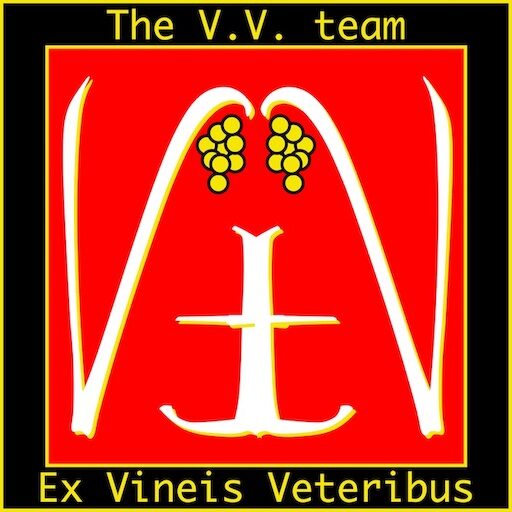1962-1982: The training days
1982-1991: Around the world on a can of oil
1991-1997: Smaller ships, harder work
1997-2001: The teaching days
The training days.
I joined the M/T Maaskade in Chiba in December 1982, just before my 21st birthday. That was the culmination of three years at the nautical college in Antwerp. My connection to the sea, however, dates from way before.
I have fond memories of running down to the Meuse river and watching the lighters being unloaded at the Cockerill facilities in Ougrée, when the old bridge still existed in the late sixties. My father took me to several tall ship events, very much as he took me to the train station in Liège to watch the last few steam engines maneuvering in the yard. My high school teachers were probably quite annoyed at me, drawing boats, zeppelins and dragons in the margin of my school notebooks rather than paying attention.
My youth is filled with museum visits, and my father’s and uncle’s libraries were very rich and eclectic ones, filled with reference books that I would quietly snatch and read, but also copy in drawing and models. Ships, castles, epic battles and antique cities, whales and sharks… they all were reproduced to scale on the floor and desks in my childhood bedroom, to the irritation of my mother who could hardly move in there. It all culminated in our grand tour of Greece during the last year of high school.
Aged 8, I was enrolled in the cub scouts, then boy scouts, until I discovered that we had sea cadets in Liège. I started with the cadets as an engineer (please don’t repeat that to my crew). After the staff decided that engineers were no longer exempted from dishwashing, I quickly transferred to deck. From the moment I enrolled in the nautical college, I was moved through the ranks and became an officer of the sea cadets, allowed to take command of the old navy launches we used in those days.

The most amazing of those boats was the “Caroline” (B25), single screw, 120HP for over 25 tons of ship. The officer would stand on the flybridge and shout orders in a voice pipe. The wheel orders would be executed by a quartermaster in the wheelhouse, and engine orders relayed to the engine room by an old fashioned telegraph. Execution was anything between two and fifteen seconds. That may sound fine, but in front of a small lock with tens of small yachts around you, it can be exciting.
During those days, I was privileged to sail a bit on the STA schooner “Sir Winston Churchill” and the British sea cadets “Royalist”. I also did Nautical college training on the old “Commandant Fourcault”, and a training cruise on the Belgian navy ship “Godetia”, on which I would sail again as a teacher 25 years later… but that is another story.
As a teenage kid, I planned to attend the navy school, then continue with a master in oceanology at the university of Liège. Eyesight issues got me rejected by the navy and I turned to the merchant service. Till today, I tend to believe it was a blessing in disguise. After graduating from the Nautical college, I was quite fed up with school desks and did not go to university, but oceanography remains a hobby of mine today.
The take-aways from those days are definitely an open and curious mind, a fascination for history and cultures and a passion for all things connected to the sea.
